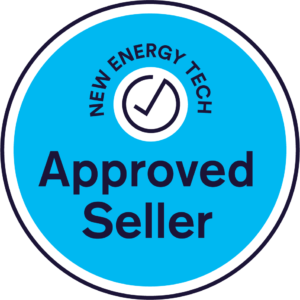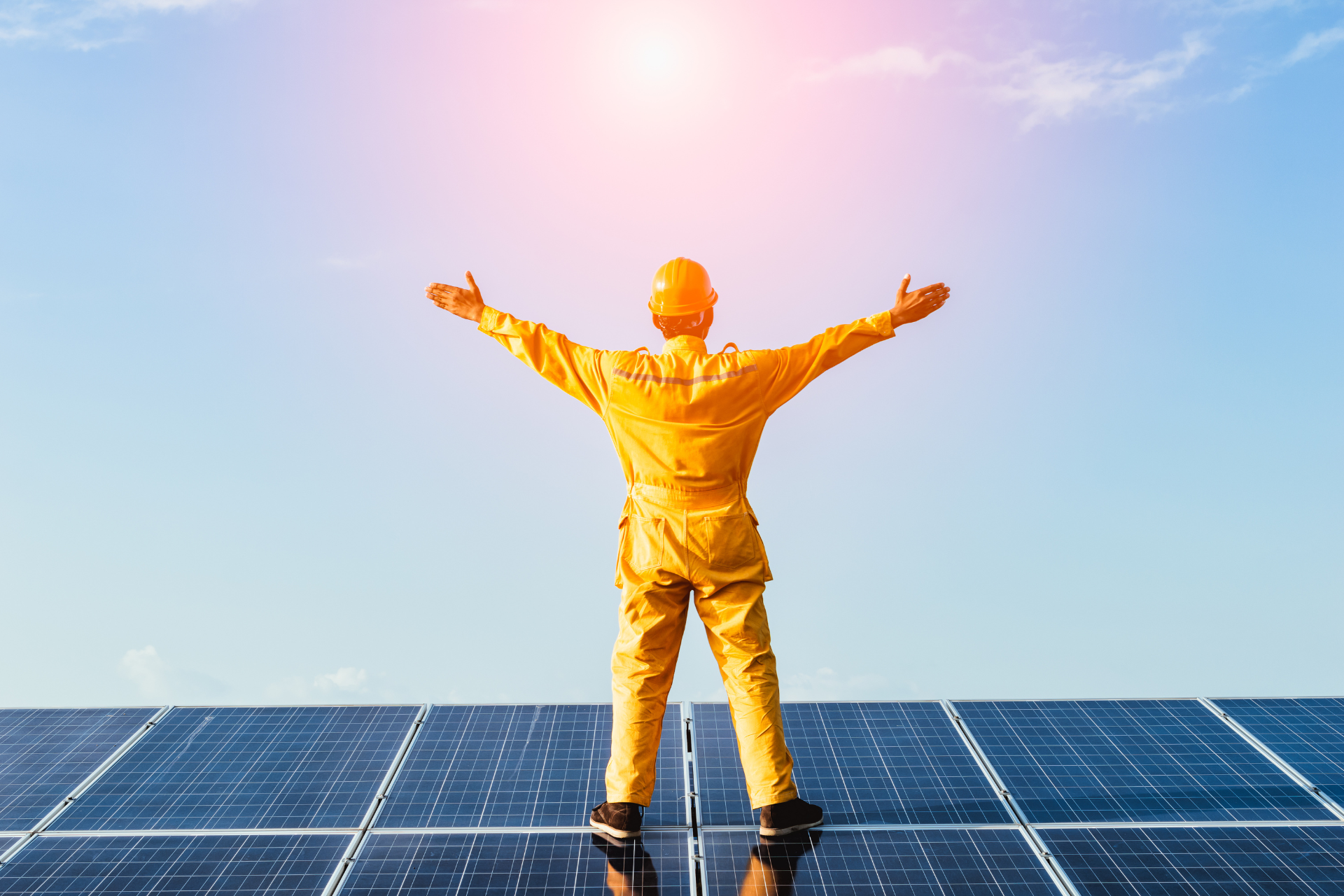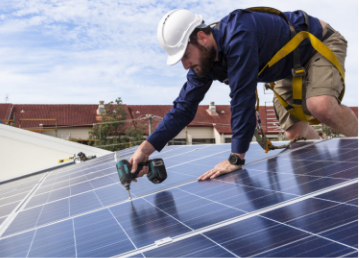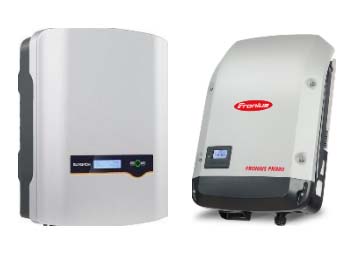Solar energy is one of the most promising renewable sources of energy available to us, but for many, it’s a big investment. When deciding to switch to solar, one of the concerns many consumers have is the efficiency of solar panels over time. We all want to make sure our money goes the mile and solar is no exception.
How long do solar panels last?
Solar panels, which convert sunlight into electricity, are a crucial component of harnessing this abundant energy source. As with any technology, solar panels do experience a gradual decrease in efficiency, but the extent of this decline is minimal and can be mitigated with proper maintenance and care.
Solar panels are made up of photovoltaic (PV) cells, which contain a semiconductor material that converts sunlight into electricity. These cells have an average lifespan of 25 to 30 years, and during this period, they gradually lose their efficiency. However, this decline is relatively small, with most panels experiencing an annual efficiency reduction of around 0.5%. Thus, after several decades, a solar panel might still perform at around 80% of its original capacity.
What causes a decrease in efficiency?
Wear and Tear
There are several factors that contribute to the decrease in efficiency over time. One such factor is the natural degradation of materials. Continuous exposure to sunlight, temperature fluctuations, and weather conditions cause wear and tear on the panels. This degradation mainly affects the electrical connections and can lead to small cracks or damage to the protective glass covering the cells. These issues ultimately reduce the panel’s efficiency.
Dust and Debris
Another significant factor affecting solar panel efficiency is dust, dirt, and debris accumulation over the surface. If not cleaned regularly, this build-up can block sunlight from reaching the PV cells, thereby reducing their ability to generate electricity. Cleaning panels at least twice a year, or more frequently if located in dusty regions, is advisable to maintain their optimal efficiency. We’ve previously shared tips on how to maintain your solar panels.
Temperature
Temperature also plays a role in solar panel performance. While it’s true that sunlight is necessary for generating electricity, excessive heat can actually lower a panel’s efficiency. Most panels operate best at temperatures between 25 to 35 degrees Celsius. Beyond this range, the efficiency can decrease by around 0.4% per degree Celsius. Factors such as panel orientation, airflow, and insulation can help manage temperature and minimise losses in efficiency.
So are solar panels still worth it?
Despite these minor efficiency losses over time, solar panels remain a highly sustainable and worthwhile investment. The long lifespan, cost savings on power bills, and environmental benefits they provide far outweigh the small decline in efficiency. However, it is crucial to choose reputable manufacturers and ensure regular cleaning and maintenance to maximise the output and longevity of your solar panels. At PowerSmart, we use only leading technologies in the solar industry and work inline with the Clean Energy Council’s New Energy Tech Consumer Code (NETCC).
While solar panels do lose a small fraction of their efficiency over their lifespan, the decline is minimal and can be offset by regular cleaning, proper maintenance, and advances in technology. Investing in solar energy remains a lucrative and environmentally conscious choice, offering substantial benefits to homeowners, businesses, and the planet as a whole.





